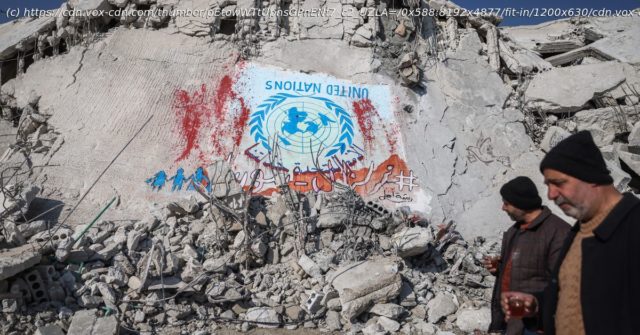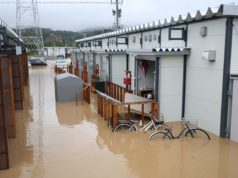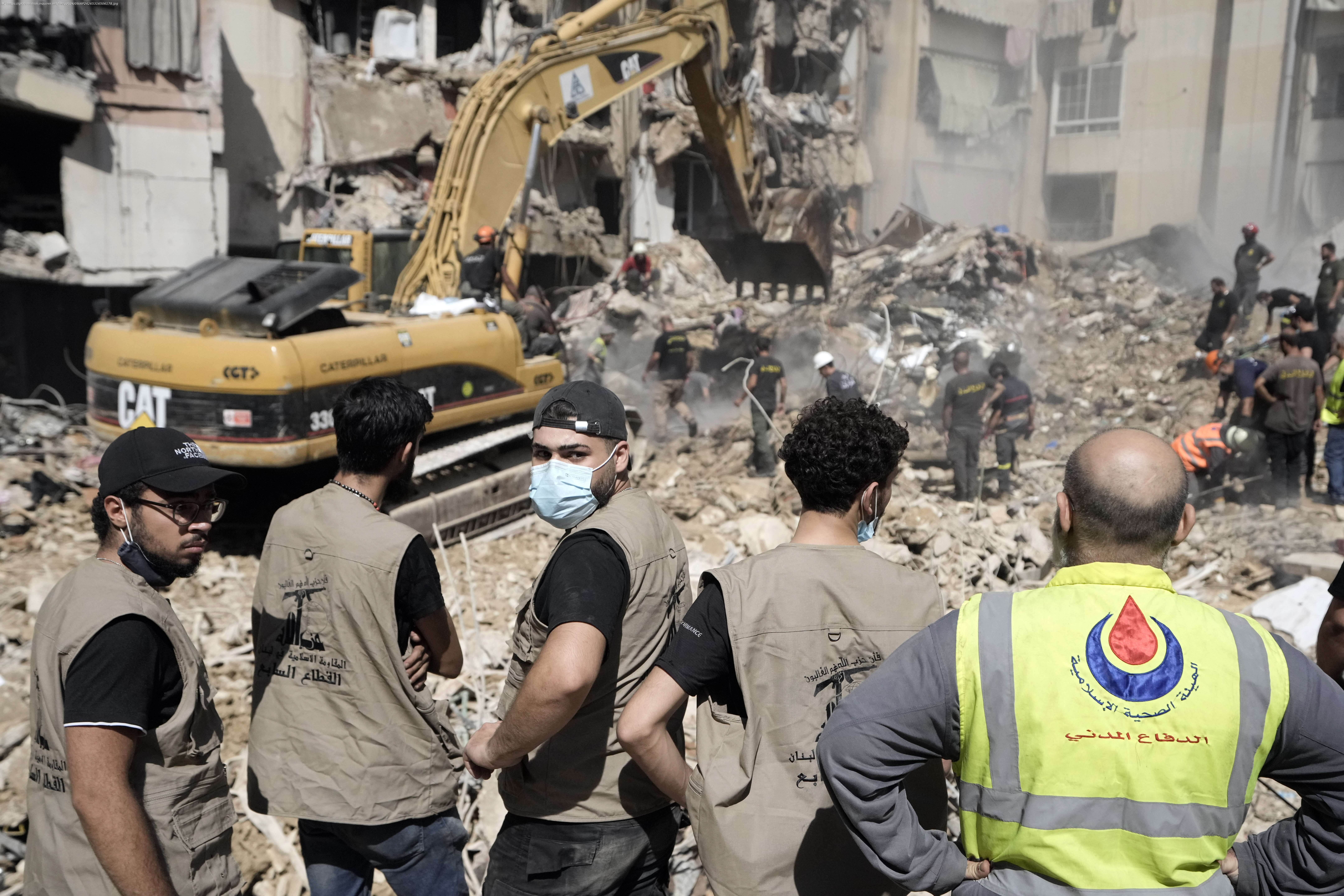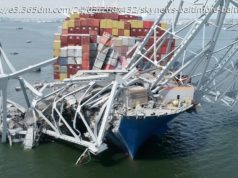Rebel-held areas were already in a dire situation before the earthquake hit
The 7.8 magnitude earthquake that hit southern Turkey and northern Syria last week has compounded the devastating effects of a twelve-year-long civil war in Syria, particularly in the hard-hit northwest. Controlled primarily by Hayat Tahrir al-Sham, a coalition of armed groups formerly affiliated with al-Qaeda, Syrians in the northwest are under siege by the Syrian state, compounding a decade-plus of misery.
The regime of Syrian President Bashar al-Assad has effectively blockaded the region, which includes the city and governorate of Idlib, preventing the humanitarian aid that goes through Damascus from reaching the already-besieged area. Instead, basic necessities like fuel and medicine must come to the region through through Turkey.
The official death toll of the earthquake has reached more than 33,000 in both Turkey and Syria, though the actual number is undoubtedly much higher. In northwest Syria, cascading crises including a grueling civil war, internal displacement due to that war and to ISIS’s reign of terror, Russian bombings campaigns, the government’s blockade, ongoing conflict, and now a massive earthquake have brought untold suffering to the area.
“This is the perfect storm that I was worried about for a very long time,” Natasha Hall, a senior fellow with the Middle East Program at the Center for Strategic and International Studies, told Vox in an interview. “You have [a large portion of] 5 million people who have been dependent on emergency assistance for years now. About two-thirds of those have been displaced from other parts of Syria; about 80 percent have been displaced between six and 25 times.”
Some search-and-rescue operations have reportedly been suspended a week in, as groups like the White Helmets doubt any survivors remain. And the capacity to care for the survivors is restricted without massive inflows of foreign aid, experts told Vox. “Civil society is active in the sense of, whatever support they’re getting externally, whether from Europe or the US, and from Turkey that’s coming through Bab al-Hawa — that’s only one limited entry point,” Sahr Muhammedally, an expert in international humanitarian law and the protection of civilians in conflict, told Vox in an interview.
Confusion and fear regarding sanctions against the Assad regime, as well as a misunderstanding of the political situation prevents financial assistance and other aid from reaching the some of the people most affected by the earthquake, too.
“As [Assad’s] main international backers, the governments of Iran and Russia have tried hard to shift the blame for Syria’s economic woes from Assad’s role in destroying the country to the sanctions,” Wa’el Alzayat, the president of Emgage, a national Muslim voter mobilization and advocacy organization and a former State Department expert on Middle East policy, wrote in the Friday. “While sanctions have certainly contributed to stunting government expenditures and the Syrian lira’s depreciation, they have had no significant bearing on the delivery of humanitarian assistance,” since the sanctions have humanitarian carve-outs that allow aid into Damascus.






